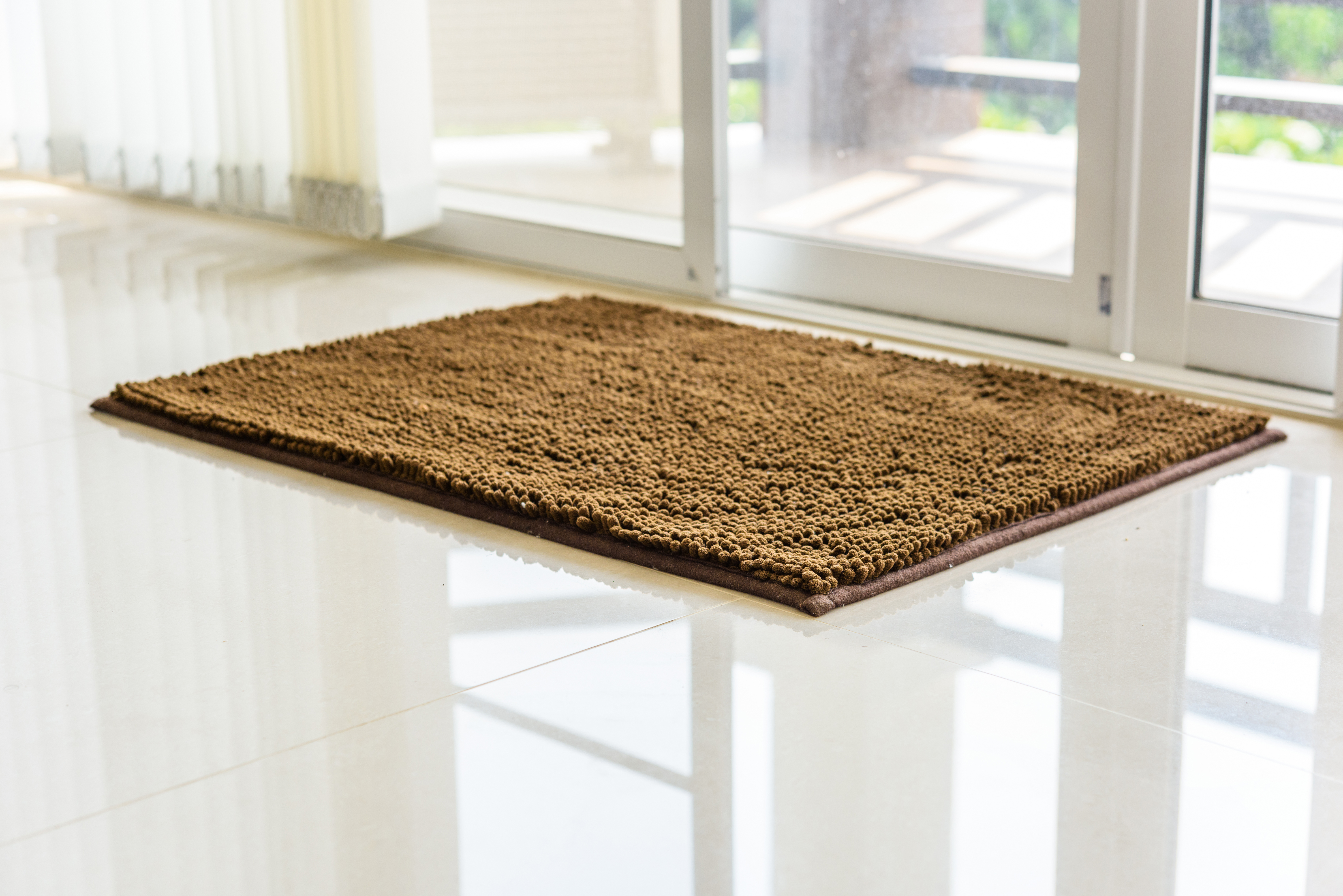Don’t Sweep it Under the Carpet / The Kindness Paradox
12 juni 2018
I was raised in a conflict averse family. We would politely say nothing, bite our tongues, pretend nothing had happened. My parents wore the badge ‘in this family, we don’t fight’ proudly. Any disagreement, unhappy feeling, frustration would be carefully swept under the carpet, never to resurface again.
In itself, there is nothing wrong with that, the key value in my family was: we will not hurt others. Unfortunately, the result was often - unintendedly - exactly the opposite. Without genuine communication, others will feel neglected, ignored, diminished.
When a number of people spend a lot of time together, there will be differences of opinion, and they won’t always be that civilized.
It’s healthy to express these differences of opinion: that is how we learn from each other, grow as a person - and however counter intuitively it may seem - that is how strong relationships are built.
The same is true for relationships at work. Unfortunately, when I speak to managers and company owners, there seems to be a tendency to look at relationships at work in 2 distinct ways:
- Relationships at work are built on content and ratio alone: as long as we focus on what needs to be done - and we do so in the most rational way possible- all is good.
- Relationships at work need to be handled with gloves: if something is wrong, we don’t tell the person to their face (that would be rude and disrespectful), but we let them ‘feel’ it. 'After all, they are intelligent people, surely they realise that what they’re doing is not ok'.
In both cases, interpersonal issues, differences of opinion, approach or understanding are simply not addressed, at least not to the other person involved. That doesn't mean that these tensions don't take up focus and energy - just not in a way that will get them resolved, but rather in frustration and gossip.
Yet, if you want to have a healthy company culture, where people feel safe to speak up, and dare to use their creativity, it is important that they really get to know each other as human beings. I’m not talking about having to know every detail of the others personal life, but knowing how others like to work, what motivates them, what they really think. And most of all being able to trust that they will tell you when you’ve done something wrong. Knowing they will tell you & not someone else.
And that is one of the most important rules in any relationship: talk to - don’t talk about.
It may be difficult to approach the subject, it may be awkward during the conversation- but it builds trust overtime.
Having open and honest conversations, in which you are clear and transparent in the message (I didn’t like it when you...) and caring and respectful in the relationship, is the only way to deal with relationships- in any context. It brings energy, spontaneity, ‘realness’.
Don’t sweep it under the carpet, put it on the table.

The more real conversations and discussions happen in an organization, the healthier the culture. The more people feel that they should shut up, bite their tongue and just get on with things, the more frustration there will be, and the bigger the chance that good people will leave.
Use your respect and diplomacy to bring your messages in a way that others can hear them, don’t use them as an excuse to swipe things under the carpet. It will come back and bite you if you do.
We call this the Kindness Paradox: sometimes you have to be 'hard' in the message - but 'gentle' in the relationship. If you don't you will end up being gentle in the message, but in doing so, you may ruin the trust in the relationship.
If you want to bring more creativity, ownership, innovation and fun - start by having those real conversations.
#realconversations #don'tsweepitunderthecarpet #kindnessparadox #ownership #feedback#putitonthetable
Contactez-nous